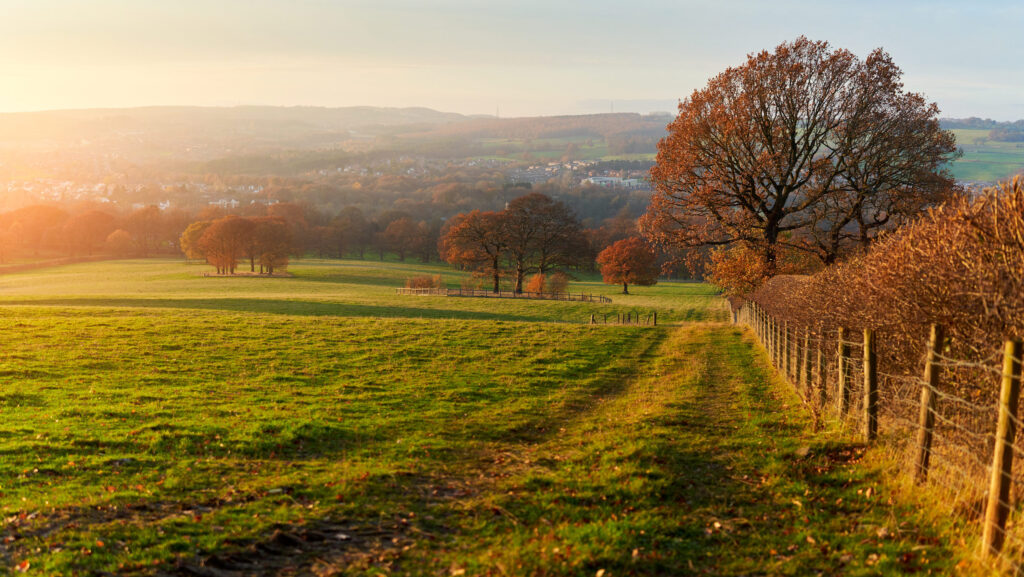Opinion: This is a time of opportunity if you have the vision
 © Adobe Stock
© Adobe Stock This week saw the fulfilment of one of my longest-held ambitions.
After decades of growing crops on a patchwork of rented fields, we have just taken a lease with the Crown Estate on a ring-fenced farm next door to my house.
I’m not a man who likes talking about size – it’s what you do with it that counts – but I can properly look readers in the eye now that we are cropping more than 1,000 acres.
See also: Opinion – a postcard (and some inspiration) from South Africa
With the extra land, we are now able to reintroduce potatoes and vegetables into the rotation – like proper farmers.
I’m Generation FBT. I was 20 when this type of tenancy replaced AHAs with the intention of liberalising the market.
More enlightened approach
They have undoubtedly presented farmers like me with opportunities to expand, but mostly in the landowner’s favour and to the environment’s cost.
The Crown Estate is taking a more enlightened approach with its new e-FBTs – the agreement on which we have taken the new farm.
These longer-term tenancies have measurable targets on soil health, carbon sequestration and biodiversity recovery.
The Estate’s aspirations fit with what we already do as a Leaf Marque farm and they dovetail with the environmental requirements of Marks & Spencer – our biggest customer.
Sharing a business plan with our landlord and customer means we can deliver environmental benefits without troubling the taxpayer.
The point I wish to share with any enthusiastic younger readers who weren’t born into land is that, although it has taken me decades of patience, effort and focus to get a tenancy like this, the journey has been profitable, mostly enjoyable, definitely educational and, now that I look back on it, completely necessary.
One only gets the chance to rent good farms when the industry is in the doldrums.
This is why I am such a champion of doldrums.
Strong plants grow in tough conditions, and we need economic resets every now and again to take assets from the hands of the complacent and the privileged and to redistribute them into the hands of the committed and the capable.
Arable farming is unquestionably going through a monumental wobble right now, but what a time of opportunity for anyone with a vision, a plan and a diversified income stream.
It is challenging, but still possible, to start a business by offering contracting services, grazing other people’s land or through annual licences for specialist crops.
This way, one can build capabilities, customers and capital while waiting for some land to call your own.
If I were a young person choosing a career, then the basic fundamentals of farming would still look good to me.
The start is always the toughest bit, illustrated by my own career.
In 1990, I grew 1.5 acres of flowers. Since then, we have expanded at a rate of about 20% each year
At that rate of exponential growth, 1.5 acres becomes 9.2 acres in a decade, 57 acres in 20 years and 356 acres after 30.
After 36 years, it has suddenly turned into more than 1,000 acres.
If I were a young person choosing a career, then the basic fundamentals of farming would still look good to me.
The demand for what we produce is reasonably consistent and the means of production are limited.
The cost of energy and the clouds looming over our international relations suggest that home-production will soon be in strong demand.
The big challenge is finding yourself a business model that is appealing enough to landlords and efficient enough to cope with the expectations of the market.

